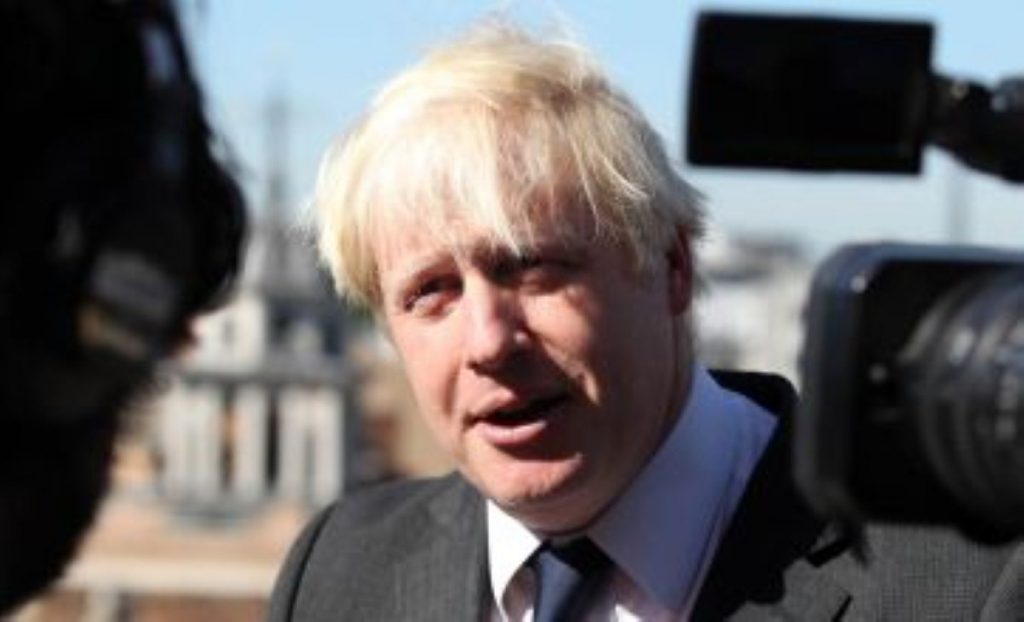Veiled threats: Boris hits out at school niqab rules
Boris Johnson has hit out at private schools in London which insist their female pupils wear the full face veil.
The London mayor's outburst comes amid a continued controversy over the niqab, with details emerging of hospitals forcing veil-wearing staff to remove the item while talking with patients.
At least three secondary schools in the capital insist on some form of covering when girls as young as 11 are going to and from the institution.
"I don't think it can be classed as any kind of uniform," Johnson said.


"I'm totally against any kind of compulsion in this matter. If a school is forcing children to wear the veil, that in my view is completely wrong.
"That is against my principles and it's against the principles of liberty that London should stand for."
The government said school uniform policy is a matter for the institutions concerned – a similar position to that adopted by Jeremy Hunt this morning when he was questioned about hospital policy towards the veil.
The health secretary said the wearing of the veil was a clinical matter which he should not comment on.
David Cameron said he would support public bodies which wished to ban staff from covering their faces if they have public-facing roles but the issue has split senior politicians, with Theresa May saying it is not the role of the state to tell women what to wear.
The government has ordered a review of health service policy on workers uniforms, with a push for regulators to put down rules on patient communication overruling personal religious dress.
The Telegraph reported today that 17 NHS hospitals across five trusts have already banned the use of the niqab by front line staff.
With no national guidance, it will continue to be up to individual hospitals to come up with a policy on the issue.
Health minister Dan Poulter told The Telegraph: "I am proud of the rich ethnic diversity of our health care workforce and support appropriate religious and cultural freedoms, but a vital part of good patient care is effective verbal and non-verbal communication.
"Being unable to see a health care professional's face can be a barrier to good and empathetic communication with patients and their families.
"That is why I am writing to all health care regulators to ask them to look into this matter and to review their professional regulations, to ensure that there is always appropriate face to face contact between health care professionals and their patients."
Earlier this week a judge ruled that a veil-wearing woman could be forced to remove the veil in front of himself and the jury when giving evidence, but that she could remain covered for the rest of the trial.









